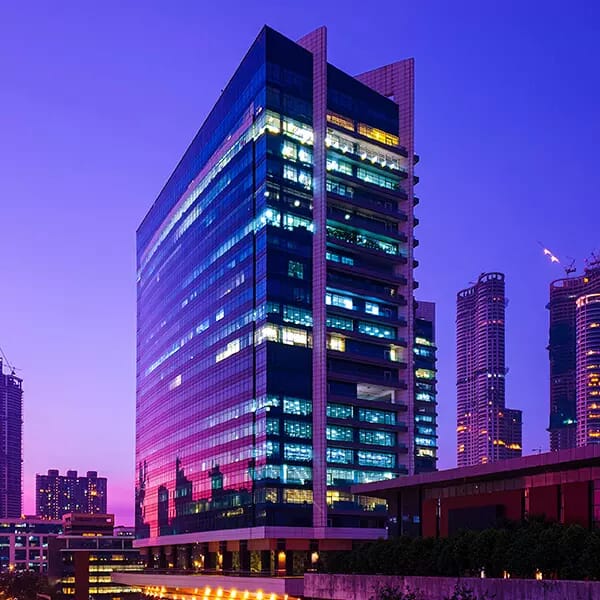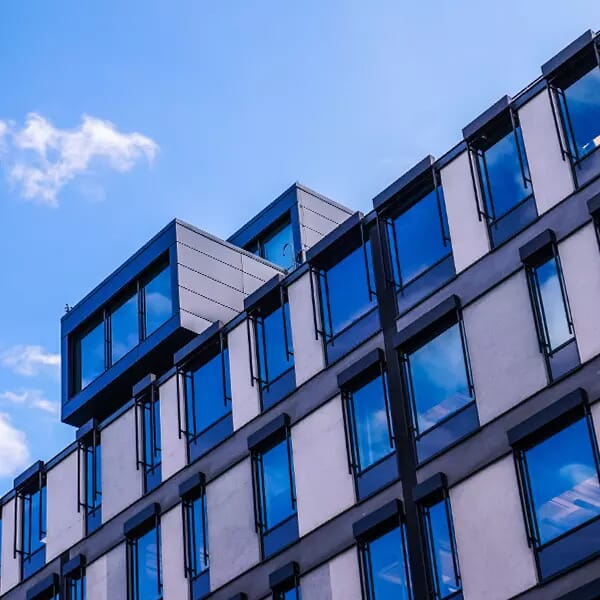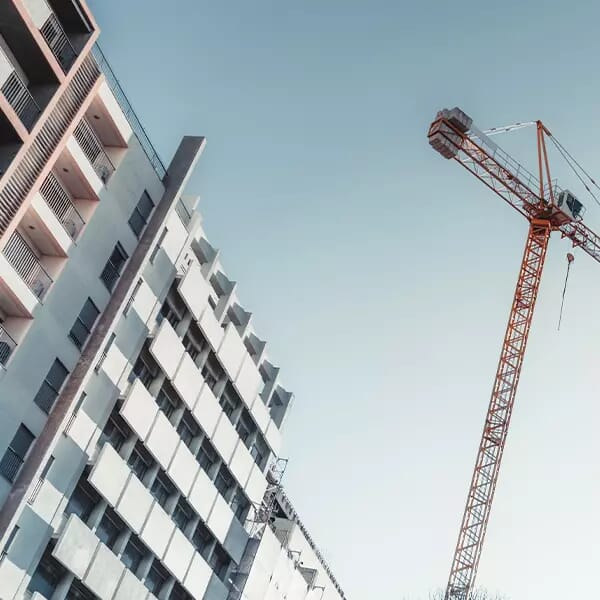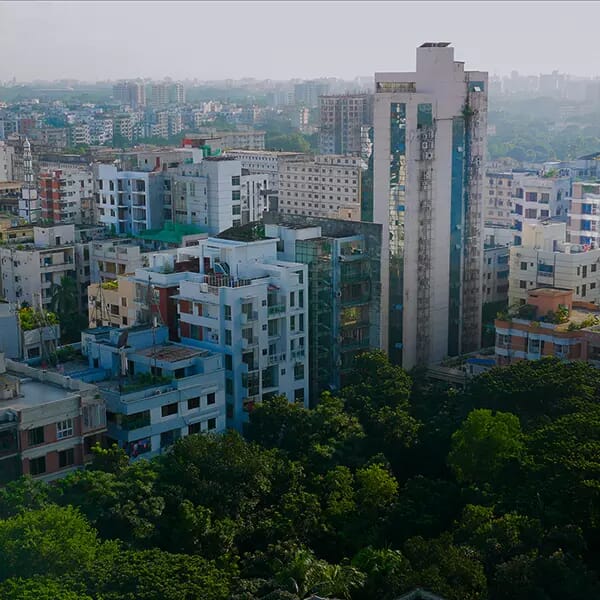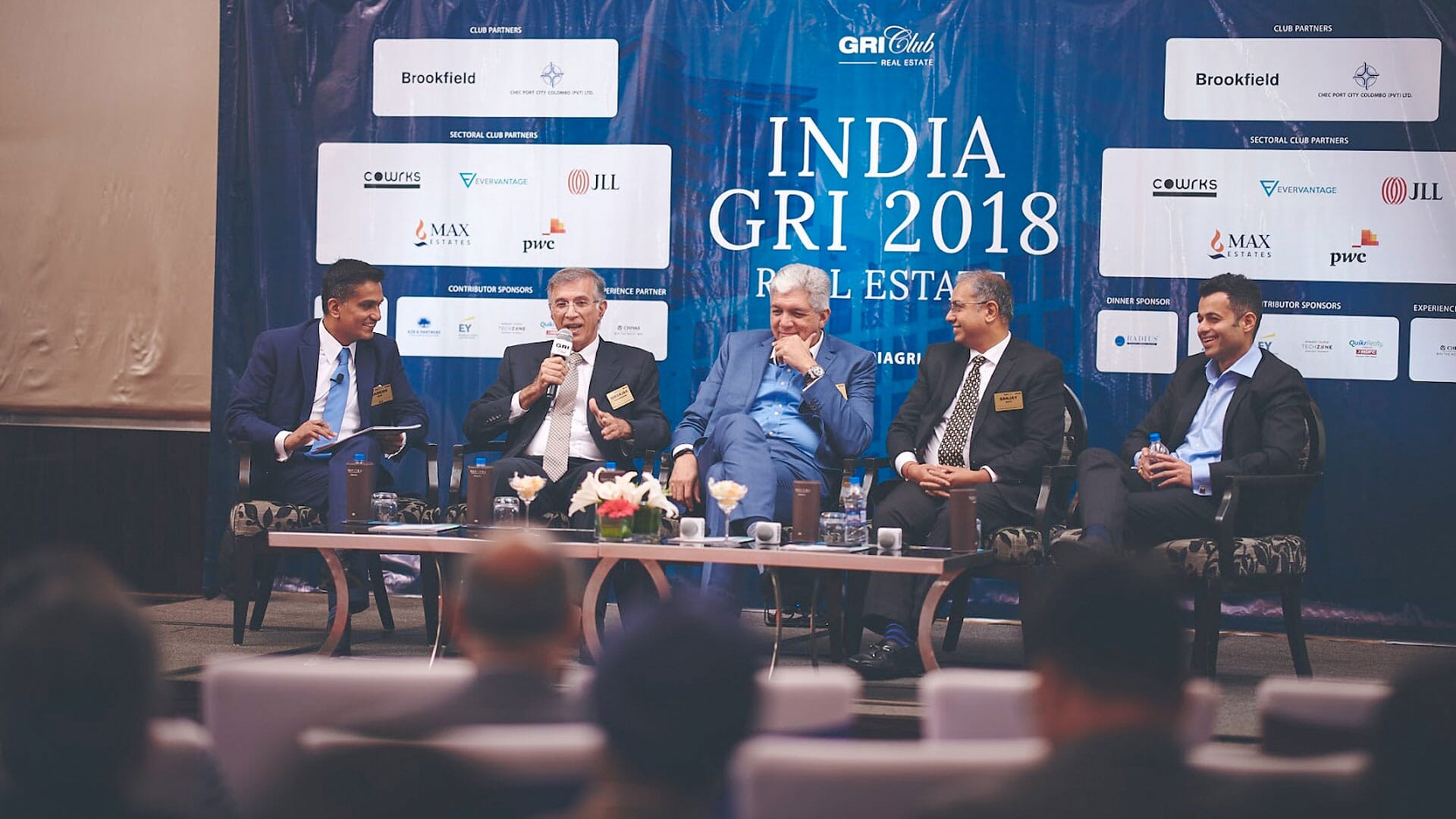 HeroPXL
HeroPXLIndia's real estate market suggested as the comeback kid
At India GRI, real estate leaders shared insights on attracting global capital, investment strategies and trends.
September 19, 2018Real Estate
India's real estate market suggested as the comeback kid compared to Brazil and China. Which is why this year’s 13th annual India GRI 2018 in Mumbai delivered senior real estate leaders insights on attracting global capital, disruptive impacts of proptech, financing real estate and the supply and demand for new developments across India. The event focussed on dialogues and solutions on how consolidations were impacting sectoral markets such as offices & parks, retail, residential and warehousing.
The opening talk show of thought leaders including, Mohit Malhotra (Godrej Properties), Niranjan Hiranandani (Hiranandani Group), Raj Menda (RMZ Corp), Ramesh Nair (JLL India) and Sanjay Dutt (Tata Housing). Their opinions varied on what matters most for developers from a strategy, structure, process, people and technology perspective for each of their organizations and their thoughts on pressing issues impacting the sector.
Following the talk show, participants were engaged in debating the global capital flowing into India. With NCLT, RERA, GST regulations sending out positive signals to offshore capital, the general sentiment was that there was much improvement in investor environment, especially with many Middle Eastern and Asian institutions looking to capitalize. However, even with such optimism, it was suggested that many global investors would still prefer to wait for better times despite India’s regulatory advantages over fellow emerging market counterparts like Brazil and China. This led most to the conclusion that India can do more to improve its micro drivers to attract and compete for global investment.
Peer to peer
The dynamic peer to peer exchanges allowed participants to gain an understanding of the future of REITs in India. The overall consensus was optimistic given the global investor positive perception of the REIT model, positioning it as a relatively risk-free investment vehicle. However, there was a growing worry that REITs would be judged by the performance of the listed InvITs which are currently trading at a discount. In addition, some suggested the model could be taken advantage of by murky developers floating REITs to offload their non-compliant assets, even if the chance of the scenario being a reality remain slim.
In-depth discussions across all asset classes was top of the agenda on Day 2. Kickstarting with a debate on the future of proptech and whether key market players in India were utilizing the technology to their advantage. Further lively debates aimed at building business friendships included residential, retail, warehousing and offices and parks. The recent wave of consolidations sweeping across the market was a bonding point of discussion throughout the day; especially how institutional investors were evaluating India’s new development potential.
In conclusion, the event has proven to be a valuable relationship platform in which investors and developers had the opportunity to share experiences and build a dialogue with Indian players about opportunities in the country.
Over 150 participants attended India GRI coming from all over India, including Abdul Wahab Al Halabi (Equitativa), Aditya Bhargava (ADIA), Alok Aggarwal (Brookfield Properties), Aman Kapoor (GMR Group), Ambar Maheshwari (Indiabulls Asset Management), Amit Diwan (Hines India), Anshul Singhal (Embassy Industrial Parks), Bipin Gurnani (Prozone Intu Properties), Chanakya Chakravarti (Ivanhoé Cambridge), Karan Virwani (WeWork), Maneesh Yadav (ASK), Nilesh Parekh (Raycon Infrastructures), Rajeev Piramal (Peninsula Land), Srini Sriniwasan (Kotak Investments Advisors), Vinamra Srivastava (Ascendas Services), among others.
The opening talk show of thought leaders including, Mohit Malhotra (Godrej Properties), Niranjan Hiranandani (Hiranandani Group), Raj Menda (RMZ Corp), Ramesh Nair (JLL India) and Sanjay Dutt (Tata Housing). Their opinions varied on what matters most for developers from a strategy, structure, process, people and technology perspective for each of their organizations and their thoughts on pressing issues impacting the sector.
Following the talk show, participants were engaged in debating the global capital flowing into India. With NCLT, RERA, GST regulations sending out positive signals to offshore capital, the general sentiment was that there was much improvement in investor environment, especially with many Middle Eastern and Asian institutions looking to capitalize. However, even with such optimism, it was suggested that many global investors would still prefer to wait for better times despite India’s regulatory advantages over fellow emerging market counterparts like Brazil and China. This led most to the conclusion that India can do more to improve its micro drivers to attract and compete for global investment.
Peer to peer
The dynamic peer to peer exchanges allowed participants to gain an understanding of the future of REITs in India. The overall consensus was optimistic given the global investor positive perception of the REIT model, positioning it as a relatively risk-free investment vehicle. However, there was a growing worry that REITs would be judged by the performance of the listed InvITs which are currently trading at a discount. In addition, some suggested the model could be taken advantage of by murky developers floating REITs to offload their non-compliant assets, even if the chance of the scenario being a reality remain slim.
In-depth discussions across all asset classes was top of the agenda on Day 2. Kickstarting with a debate on the future of proptech and whether key market players in India were utilizing the technology to their advantage. Further lively debates aimed at building business friendships included residential, retail, warehousing and offices and parks. The recent wave of consolidations sweeping across the market was a bonding point of discussion throughout the day; especially how institutional investors were evaluating India’s new development potential.
In conclusion, the event has proven to be a valuable relationship platform in which investors and developers had the opportunity to share experiences and build a dialogue with Indian players about opportunities in the country.
Over 150 participants attended India GRI coming from all over India, including Abdul Wahab Al Halabi (Equitativa), Aditya Bhargava (ADIA), Alok Aggarwal (Brookfield Properties), Aman Kapoor (GMR Group), Ambar Maheshwari (Indiabulls Asset Management), Amit Diwan (Hines India), Anshul Singhal (Embassy Industrial Parks), Bipin Gurnani (Prozone Intu Properties), Chanakya Chakravarti (Ivanhoé Cambridge), Karan Virwani (WeWork), Maneesh Yadav (ASK), Nilesh Parekh (Raycon Infrastructures), Rajeev Piramal (Peninsula Land), Srini Sriniwasan (Kotak Investments Advisors), Vinamra Srivastava (Ascendas Services), among others.
